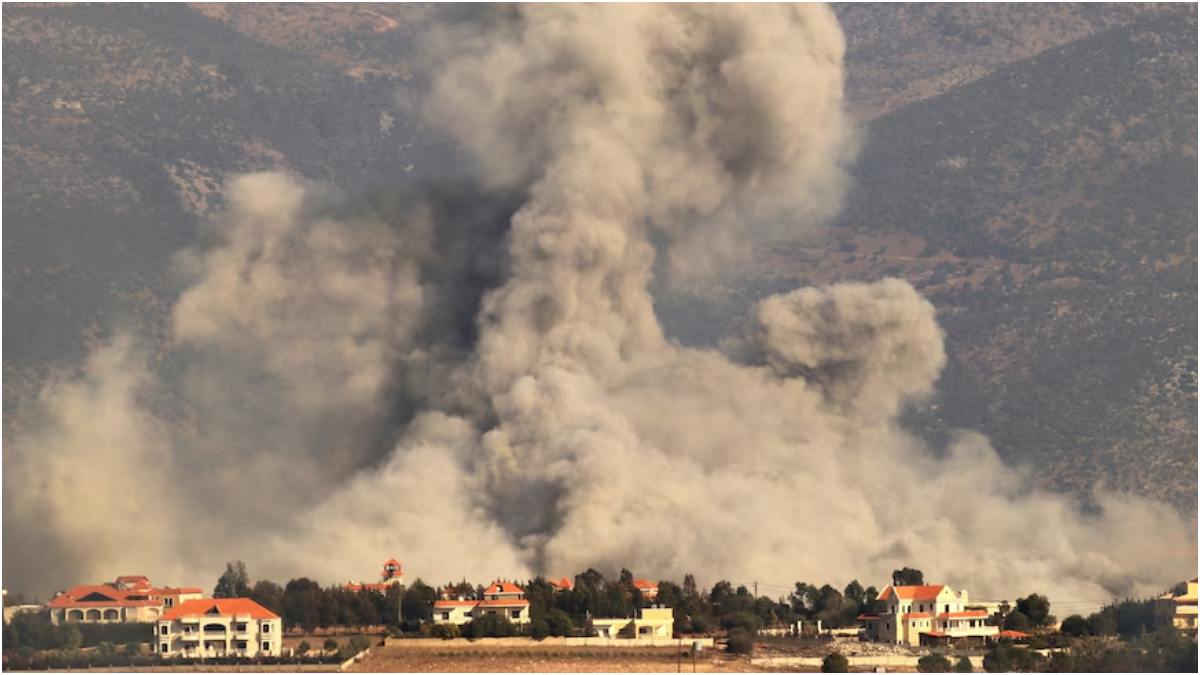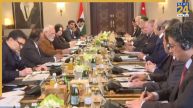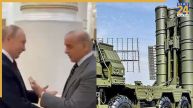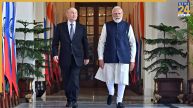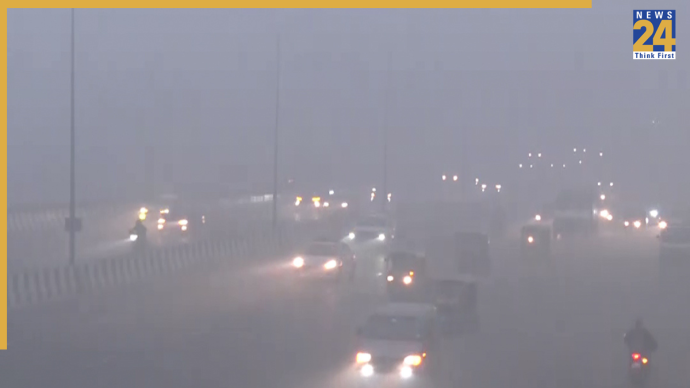The Israel Defense Forces (IDF) are reportedly initiating small-scale military operations across the Lebanon border aimed at targeting Hezbollah positions, according to two U.S. officials speaking to ABC News. This development follows the recent airstrike that killed Hezbollah leader Hassan Nasrallah, marking a significant escalation in the ongoing conflict.
Historical Operations
They argued that operations could encompass ‘border movements,’ which would suggest a sharp, military force response and not necessarily a large-scale, ground invasion of Lebanon. The Israeli military seeks to enable the return of some 60,000 or so internally displaced Israeli residents to their homes, but officials believe that merely decapitating Hezbollah leadership would not be enough to that end.
Military Preparations And Objectives
IDF spokesperson Peter Lerner said the military was preparing for all eventualities, including but not limited to, a ground incursion. Mobilizations of Israeli troops and efforts to clear areas near the border back up those preparations. Top Israeli general Herzi Halevi has also said that Israel is ready to deploy ground forces into Lebanon if necessary.
Airstrikes And Targeted Operations
Now that Nasrallah has been killed in an airstrike on Friday night, the IDF intensified its campaign against Hezbollah. Launched new strikes focusing on ‘dozens’ Hezbollah locations in Lebanon, mainly containing weapons and military infrastructure. According to reports, these strikes are part of Israel’s moves to destroy Hezbollah’s military apparatus.
Consequences Of The Strikes
The airstrikes also brought massive loss, with at least 33 individuals reportedly killed and about 195 injured, according to the Lebanon health ministry. These operations are evidence that Israel is committed to an act to destroy the threats posed to it by Hezbollah and ensure security for its residents living in the north.
Balancing National Security And Regional Stability
International observers are anxious to see how events will evolve in the area as the international community just watches on in the case of Israel’s military operations. The scaled-down activity of the IDF may be what is needed for the larger context of the strategic approach to border security and consolidation in Israel in terms of the stabilization of the area, post-Hassan Nasrallah murder.
This scenario will very well demonstrate the challenges of warfare in this modern age in the sense that targeted strikes and border operations are to this day part and parcel of national security affairs. The issue for Israel is how to strike a balance in upholding the safety of its citizens while controlling the damage emanating from battles fought within neighboring terrains.

